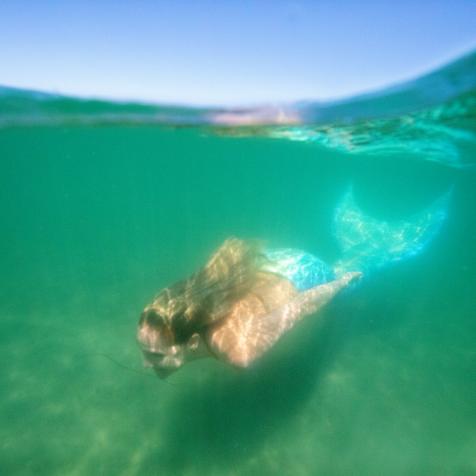
VW Pics
Overfishing Is a Worldwide Issue Threatening Shark Hotspots
In a recent global study published in the journal Nature, it has been discovered that shark “hotspots” are being threatened by longline fishing vessels.
A team of 150 scientists from 26 countries tagged almost 2,000 sharks to identify which areas in the oceans are ecologically important for various shark species. These areas are known as hot spots, which are ocean frontal zones where the waters are food-rich and productive. Unfortunately, many of them overlap with the paths of global longline fishing vessels with gear that catches many open-ocean sharks.
It was determined in the study that 24% of the space used by sharks in a typical month overlap with where vessels longline fish. Blue and shortfin mako sharks in the North Atlantic, which are already being commercially exploited, have even higher numbers of spatial usage with an average of 76% and 62% overlapped, respectively. Despite being internationally protected, great white sharks still have over 50% of their space overlapping with the fleets. Not only are the shark hotspots overlapped with the fishing routes, but they are also in areas with “high fishing effort.” This results in an even higher likelihood and occurence of sharks being caught.
“Currently, little to no protection exists for sharks in the high seas,” emphasized Dr. Neil Hammerschlag, who co-authored the study and works as a research associate professor at the University of Miami Rosenstiel School. He further elaborates that sharks are top predators that contribute to maintaining a healthy ocean, but with the lack of space for refuge, the many already-endangered sharks are now facing an even more grim future.
The researchers suggested that a solution to this issue would be to designate large-scale marine protected areas (MPAs) in places with high shark activity to protect these important creatures from industrial fishing. Implementing stricter quotas to reduce catching in other areas would help address the issue as well. With the data obtained from the research, the team has created a “blueprint” to decide where the MPAs should be located for the sake of shark conservation.
This is an urgent matter and conservation efforts must be made soon as some shark hotspots could be gone in only a matter of years.


















